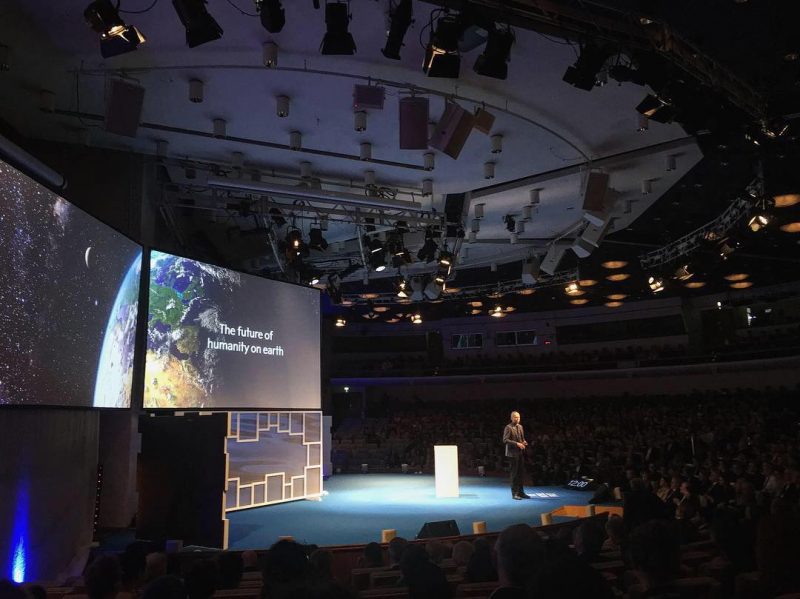
Nobel Week Dialogue: Water Matters
On Sunday 9th of December, some KI Students (incl. the author of this blog post) had the chance to attend the Nobel Week Dialogue, a full-day event that is a part of the official Nobel Week Programme. The event took place in the impressive venue – Stockholm City Conference Centre – and was free of charge for all the attendees! Among the topics discussed were climate change, water use & waste, ocean pollution, and water as a resource for human health, for the environment and in culture. High-level key-notes and panel discussions between Nobel Laureates, the world’s leading scientists and experts in different relevant fields. To say I was inspired & amazed by the talks and discussions is not to say anything. Why? I’ll try to describe below?

Opening talk by Lars Heikensten
The organisers describe the Nobel Dialogue as „the event that aims to stimulate discussion at the highest level on a topical science-related theme by bringing together Nobel Laureates, the world’s leading scientists and experts, key opinion leaders, policy-makers and the general public, online as well as on site. By bridging science and society, it’s an opportunity to stimulate thinking, excite the imagination and inspire greatness“. … And it did, indeed, stimulate thinking and gave us a lot of valuable insights?
Morning sessions
Human actions, climate change & water in food production
After the short introduction to the topic and welcoming words from Lars Heikensten (Nobel Foundation), we got to listen to an interesting and very informative talk called “Water Matters” by Johan Rockström (Potsdam Institute for Climate Impact Research). His simple yet powerful message can be summarized into 3 main thoughts:
- Humans are the largest drivers of change at the planetary scale. With our (often irresponsible!) actions we are literally “hitting the ceiling” of biophysical hardwired processes that regulate the state of the planet.
- The Holocene, our so-called “Garden of Eden” is at the equilibrium within which we have been able to thrive and develop modern civilizations as we know it… BUT it can only be stable within the certain temperature range.
- The resilience of the Earth that means that systems like rainforests, wetlands, or financial systems, can cope with disturbance during a long period of time until they break, cross tipping points and can abruptly shift & can no longer support humanity, is something we must pay more attention to.
Put these 3 insights together, and it leads us to the following conclusion:
WE NEED PLANETARY BOUNDARIES.
Unfortunately, humanity’s current state for both energy & fossil fuel use, as well as our global carbon emissions in 2018 clearly indicate that there is an urgent need to switch to more environmentally-friendly practices ASAP⚠️
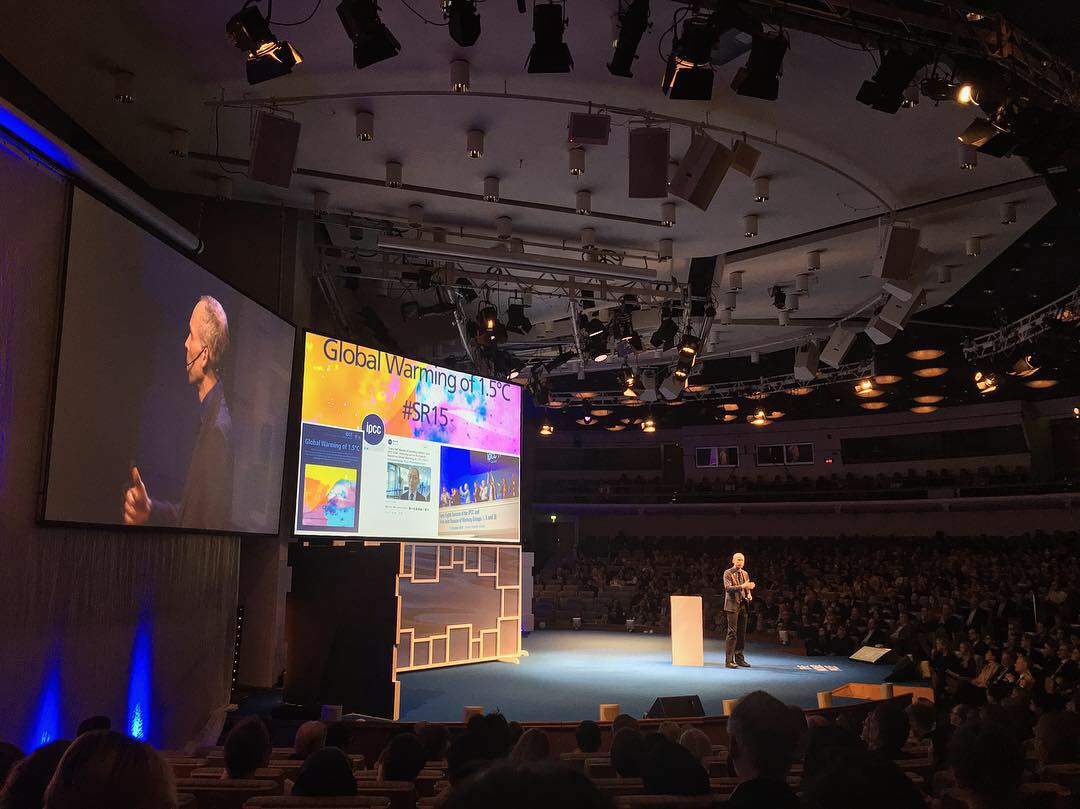
Rockström pointing out to the Global IPCC Report of 1.5 oC that everyone should read
On the positive side, according to Rockström, we do have a chance & all the potential practices to stay within the planetary boundaries while “feeding the planet”. One just needs to make an effort to make these practices more sustainable and increase the yields from the production through sustainable intensification.

From the lecture recording available at https://www.youtube.com/watch?time_continue=1346&v=s2U2YoAt0zw
Finally, Rockström also highlighted the need for our global food system to transform and move towards more crop rotations, more biodiversity-based ecosystem approaches that work more closely with nature rather than exploiting it.
“The only food system that takes us to a safe place on Earth is if we transition into water-efficient, really sustainably intensified, flexitarian diets; if we will reduce food waste from field to fork. It’s truly not just a food system revolution, it’s a behavioural change revolution for us in terms of changing diets”.
Activism, water & human rights
Secondly, we had a pleasure to listen to a talk by Maude Barlow, the chairperson of the Council of Canadians and the chair of Washington-based Food and Water Watch. She also led the consequent panel discussion on the topic “Activism – don’t talk, act!”. Here are some of the words that I’d especially like to highlight:
„Make no mistake: while climate change negatively impacts water, our collective abuse of water is also a part of the story of climate chaos. If we were to stop every GHG emission in the world today, we would still have a water crisis. The good news is that restoring watersheds and protecting water is one of the ways how we can mitigate against climate chaos. Therefore, we must stop seeing water as a resource for our pleasure and profit, and understand it to be the key element in the living ecosystem that gives us all life“.
She also brought up the following point: clean water is an essential element for sustaining human health. United Nations report that every day, 2 bln people on Earth are forced to drink contaminated water and every 2 minutes the child under the age of 5 dies from a water-borne disease.
Thus, water becomes an issue of rights: in 2010, the UN recognized the water and sanitation to be one of the fundamental human rights. From that, the following question arises: what can we, people living in places like Scandinavia, where the issue of water scarcity is pretty much non-existent, do to ensure that the people living in more water-stressed regions have their water needs met?
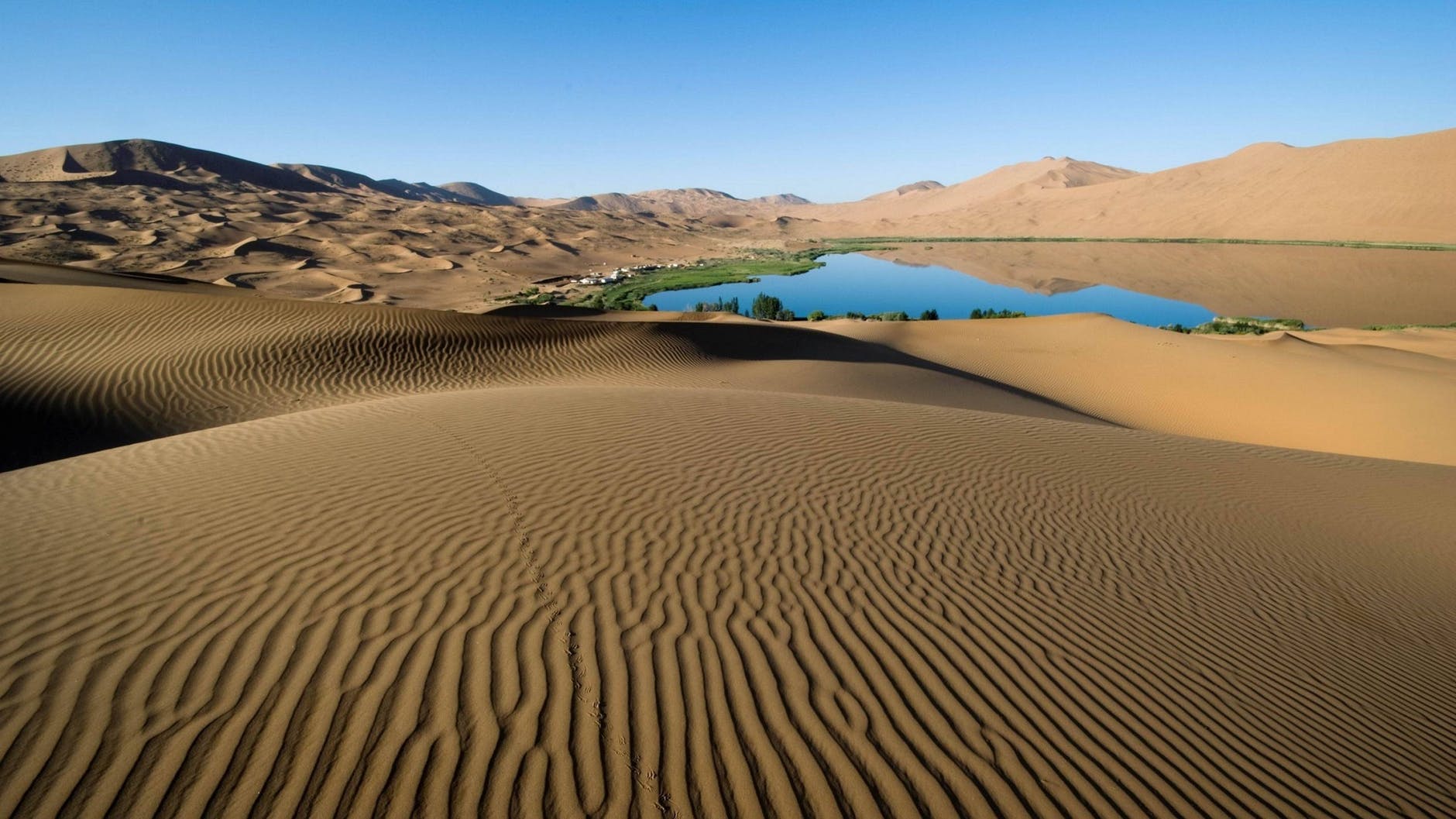
Photo by Pixabay on Pexels.com
Jan Eliasson, the chair of the SIPRI governing board and also former deputy secretary general UN, spoke about the connection between water and conflict resolution. According to Eliasson, a great danger that lies ahead of us is that water, as a scarce resource, will more and more become a source of conflict instead of a source of cooperation.
Beatrice Fihn, the executive director of ICAN – Nobel Peace Prize 2017 – stated that effective activism does not only include talking (online & in real life), but is more about doing: showing up, demanding good policies, and, perhaps more importantly, getting in the way of bad policies.
The real “water problems” & practical solutions to them
Gary White, the CEO and co-founder of Water.org and WaterEquity, suggested that tiring down the financial barriers when it comes to water is crucial to ensure the equal access to water for all. Water.org brings safe water and sanitation to the world through access to small, affordable loans, thus making it possible for people living in the water-stressed regions to have safe water and sanitation. They’ve already empowered more than 16 million people worldwide! In turn, WaterEquity – a spin-off from Water.org – raises the capital on the global capital market particularly through the social impact investing, further investing it into other micro-finance institutions and other water and sanitation enterprises.
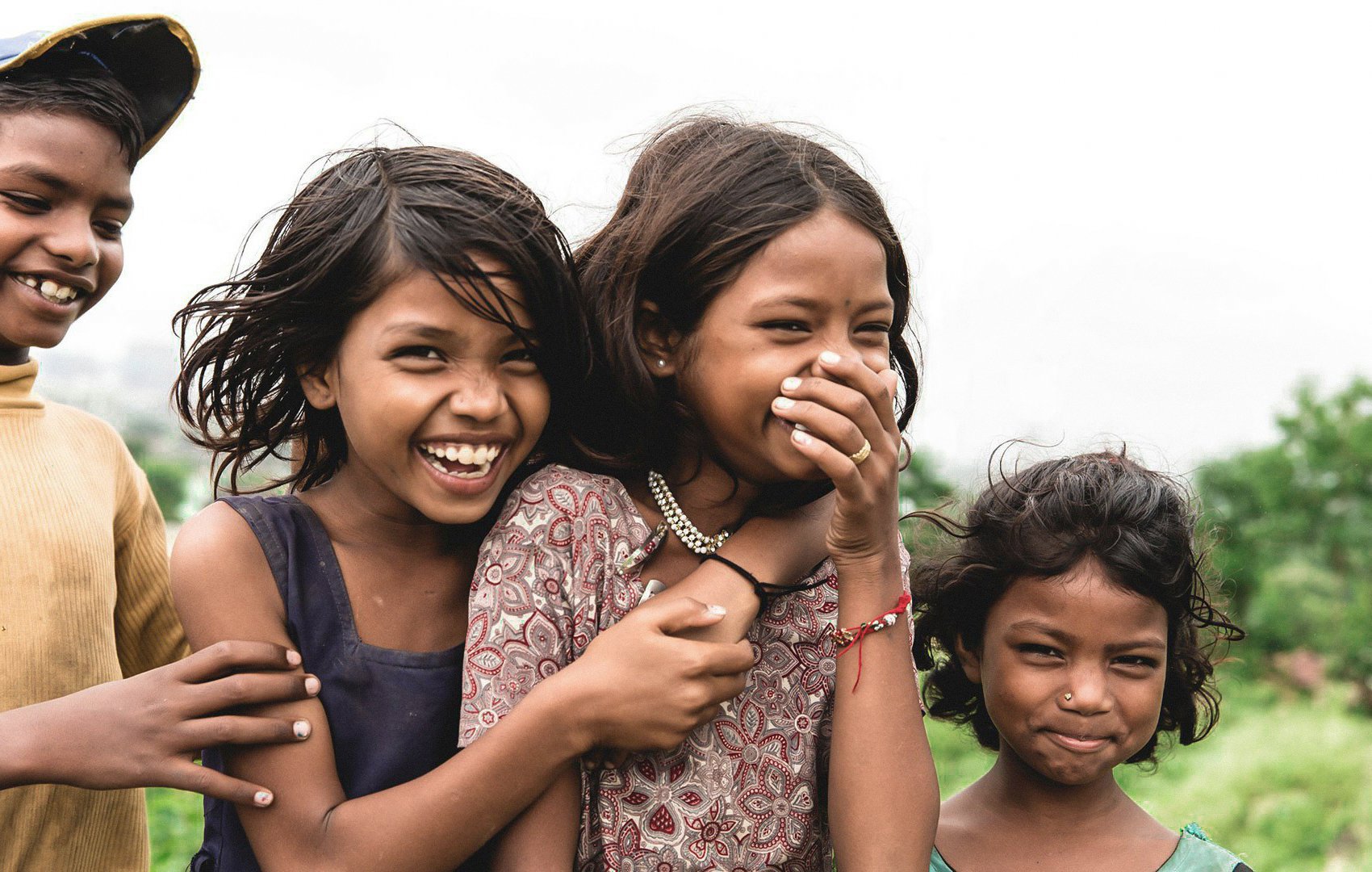
From: water.org website
Individual impact: how much water do we use and where?
Then, we listened to the fascinating discussion between Steven Chu, Nobel Laureate in Physics 1997, and Sandra Postel, the founding director of the Global Water Policy Project, moderated by Adam Smith from the Nobel Media. The talk was all about dwindling fresh water, where Prof. Chu was describing how we use satellites to measure changes in gravity that, in turn, allow us to see the dynamics of the water change). This is especially crucial as, in the case of the rivers where we can see them getting drier with a naked eye – from the Colorado River to the Nile and so on, the changes in groundwater levels are harder to detect. In critical food producing regions like China, India, the Western US, Pakistan the groundwater is depleting… And it’s like a bank account: if you are not replenishing it but only withdrawing from it, you are not going to have a secure account into the future…and we also don’t know, how large the account is.

Photo by Pixabay on Pexels.com
In addition, the panellists elaborated on the interesting concept of the individual water footprint. Sandra Postel defined the water footprint as a “basic measure of our impact on the Earth”, which we can also measure at the company or national levels. Interestingly, Sandra said that the water coming out of the tap, or a local water source is a very, very small share of our overall footprint. For example, an average American has a water footprint of 2000 gallons (approximately 7570 litres) a day, and half of it is our diet. Therefore, more conscious dietary choices can make a BIG difference in shrinking our water footprint?
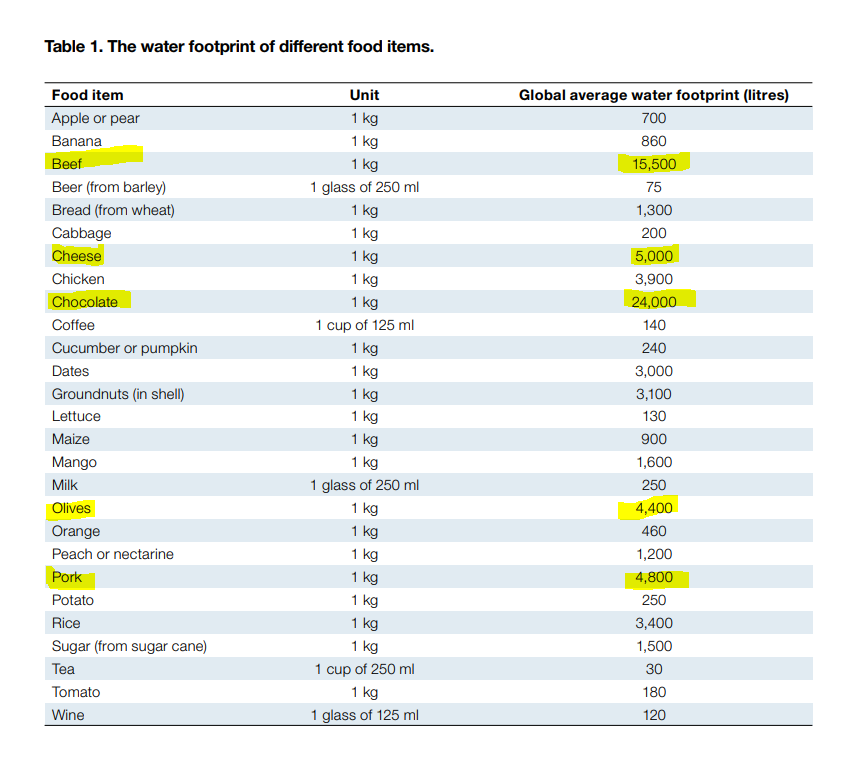
Just to bring some examples! From Hoekstra et. al.
About a third of our water footprint tends to be in energy. And then another 5-10% can come in form of the products consumed, like a cotton shirt (which takes up to 24.000 litres of water to make), and finally 5-10% in our household use.
“Therefore, being fully aware & conscious of our individual water footprint, reducing it step by step, and multiplying this effort by 7 bln people, we can begin to be part of the solution”.
The panellists also touched upon the possibility of desalinization of sea- and ocean water, but concluded that it is rather energy-demanding, and thus not the most preferable solution for the water-scarce regions. Working with nature, like capturing & releasing floodwater, is a better way to keep the resilience and bring ecological thinking into our engineering solutions.
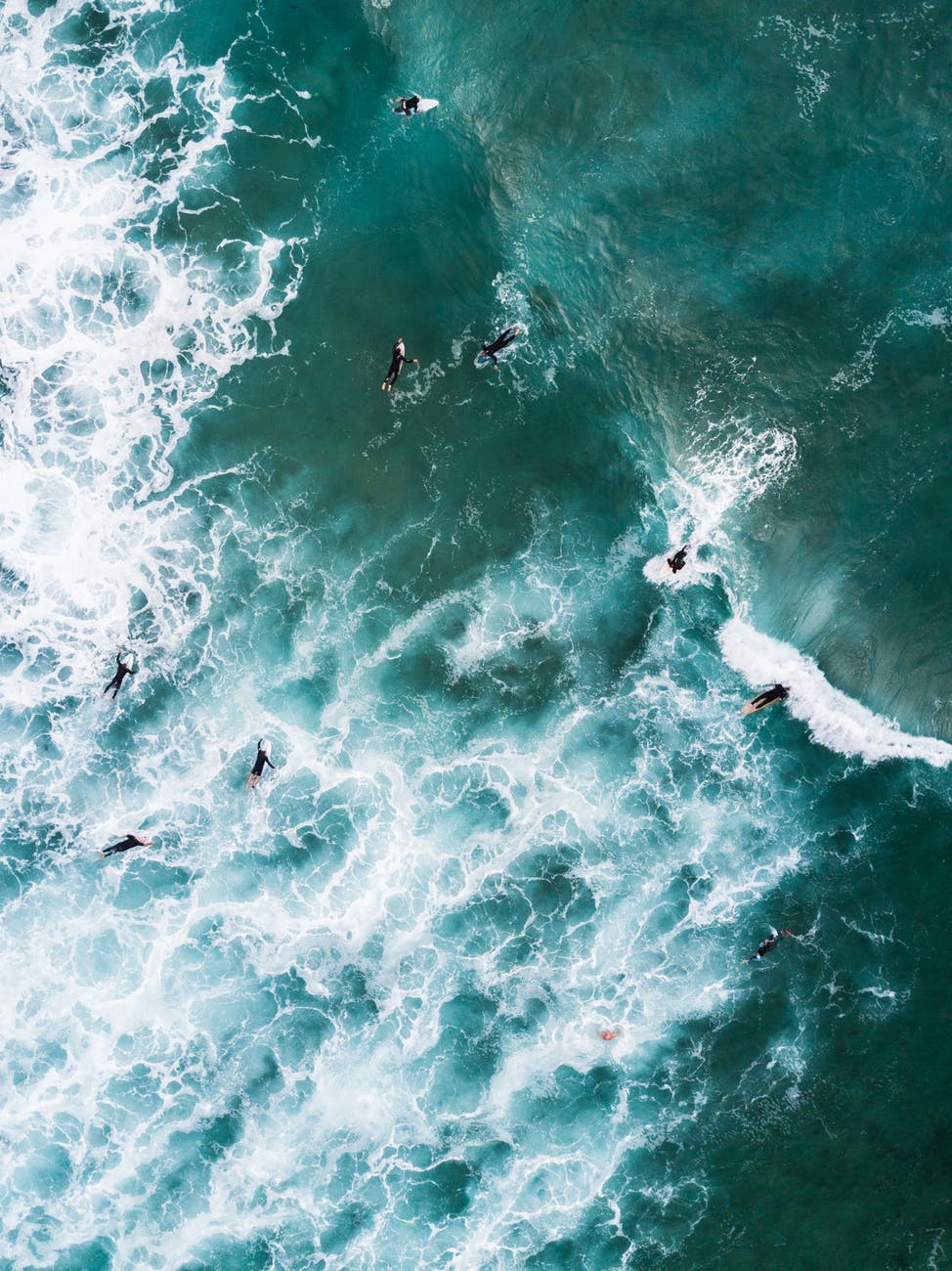
Photo by Wendy Wei on Pexels.com
The oceans and the ice
The last one of the morning sessions I would like to cover was the beautiful speech from the deep-sea biologist (Natural History Museum, London) & co-founder of the SpeSeas NGO Diva Amon. She showed some astonishing videos from her dives into the different oceans and pointed out, that the oceans are the largest ecosystem on the planet with the incredibly important ecological role: it sequesters carbon, regulates our climate, detoxifies some of our oceans, as well as it cycles nutrients. Oceans also serve us, humans, as an important source of certain minerals, medicines, food, oil & gas.
Diva told us some interesting facts about the marine inhabitants of the deep seas but also raised some concerns about the human-caused changes in their natural living environment. Our litter, chemical pollutants, and even the effects of the climate change negatively impact these vulnerable marine creatures, who live and reproduce very slowly. Lisa Emelia Svensson, UN Environment’s ambassador for oceans, said that the pollution on land can easily end up in the oceans – the rivers carry trash, plastic and toxic waste. It doesn’t matter whether it is a coastal area or not – water pathways are all interconnected. Therefore, what we do on land will consequently impact the oceans, whether we want it or not.
Julian Dowdeswell, a glaciologist, professor at Cambridge and the director of the Scott Polar Research Institute, pointed out the example of the human impact on the glaciers in the Arctic: 35 years ago they needed an ice-breaking research vessel to get to their expedition destination, whereas in the last 5-10 years they could go there with an ordinary ship, and could see the polar bears swimming.
Prof. Dowdeswell also emphasized that education of the children aged 5-18 is also crucial for us to get these messages out to the people and next generations.
“Environmental topics must be included in the curriculum of different schools and universities to galvanize change in the behaviour of all”.
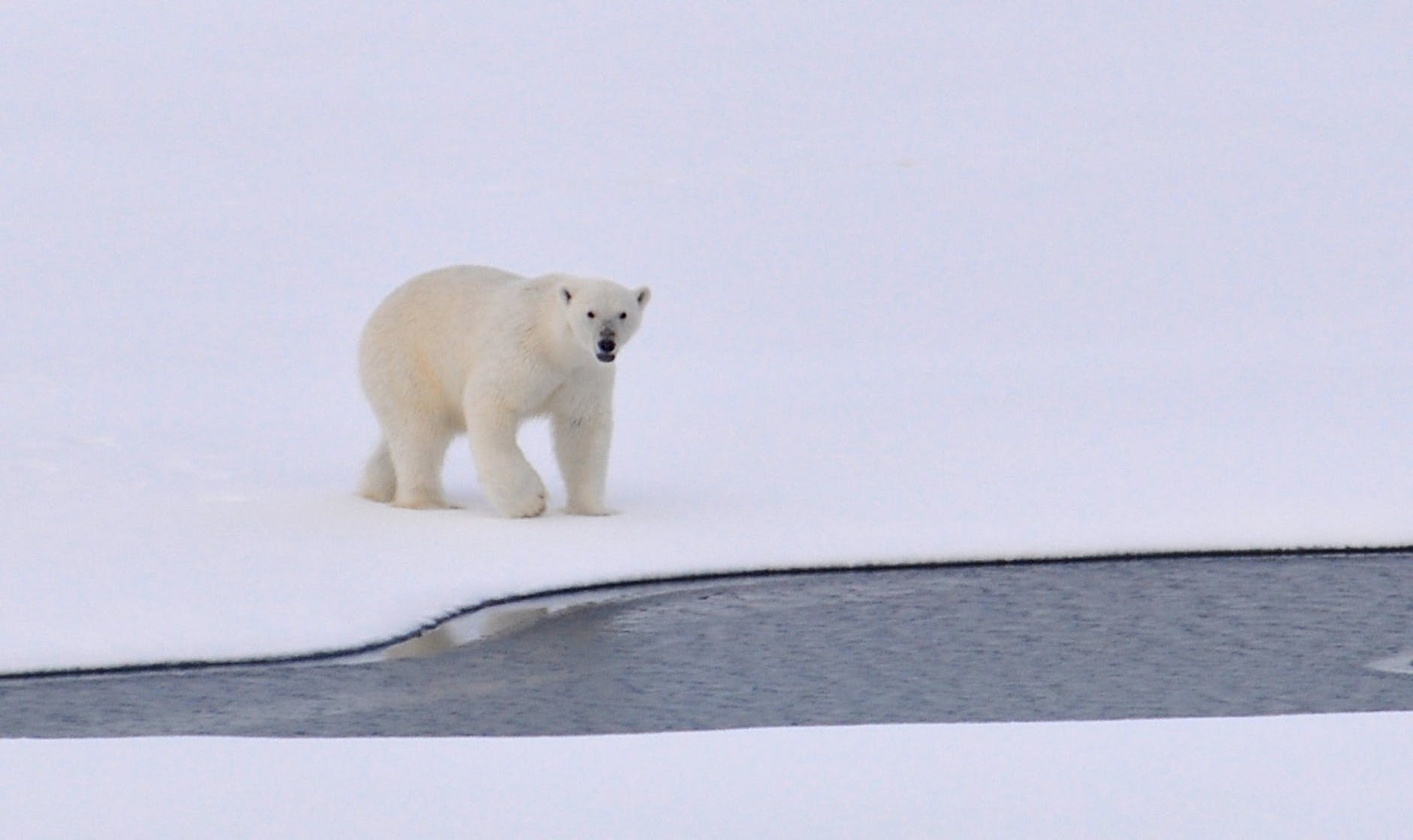
Photo by Pixabay on Pexels.com
Water on Mars
Last on the morning agenda was the talk about water on Mars by Roberto Orosei from the Institute for Radioastronomy. A PI of the MARSIS radar that provided evidence of the presence of liquid water beneath the south polar cap of Mars, he also moderated the panel discussion about the water on Mars and the other exoplanets together with some other leading experts in the field….. However, I cannot describe it here as this blog-post is already getting a little too long, I encourage those of you who are interested to listen to this talk starting at 1h 46 min here: https://www.youtube.com/watch?time_continue=1346&v=s2U2YoAt0zw
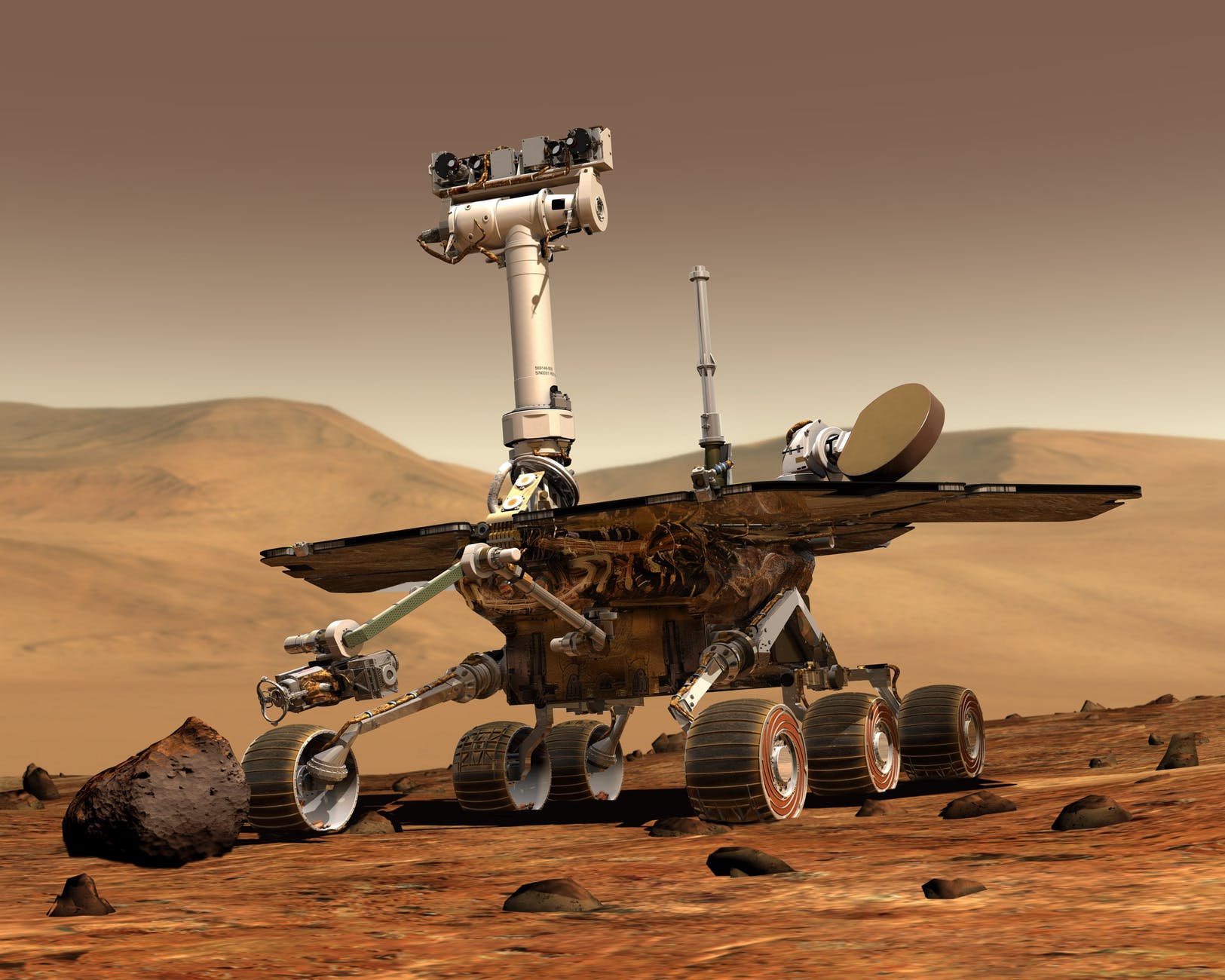
Photo by Pixabay on Pexels.com
Afternoon: Session Hall A
After having had a nice, planet & water-friendly vegan lunch, we could choose where to go for the afternoon sessions. I chose to attend a talk on “Water and Climate Change” in one of the halls, whereas other options included entrepreneurship cases for water and sustainability (Solvatten, Swedish Algae Factory), talks about desalination, the nature of water, Antarctic science and many more. I wish I could have “replicated” myself to be able to attend all of them, but oh well!

A glass of ecological champagne, Nobel chocolate coin & vegan wraps helped us to get through this long yet very exciting day!
Conclusion
The event was finalized with a great performance by an artist Marina Abramović who made us believe we are “under the water” for a while. She also came up with 7 practical pieces of advice, one of which you can see below!

Performance artist Marina Abramović at the Nobel Week Dialogue
From the personal note here, I would like to add that this event made me realize how important it is to pay more attention to global issues like water scarcity and the environmental impact of our actions. After having attended the Nobel Week Dialogue this December, I can say one thing…
“Water MATTERS … and so do YOU to preserve it!”
Never underestimate the power of the single individual impact you can have on this planet. At the end of the day, single efforts of 7 billion people can make a huge change on our common planet Earth!

Stockholm City Conference Centre from the inside
Thank you for reading, and be sure to contact me at dasa.svaikovskaja@stud.ki.se shall you have any (even non-water related?) questions!
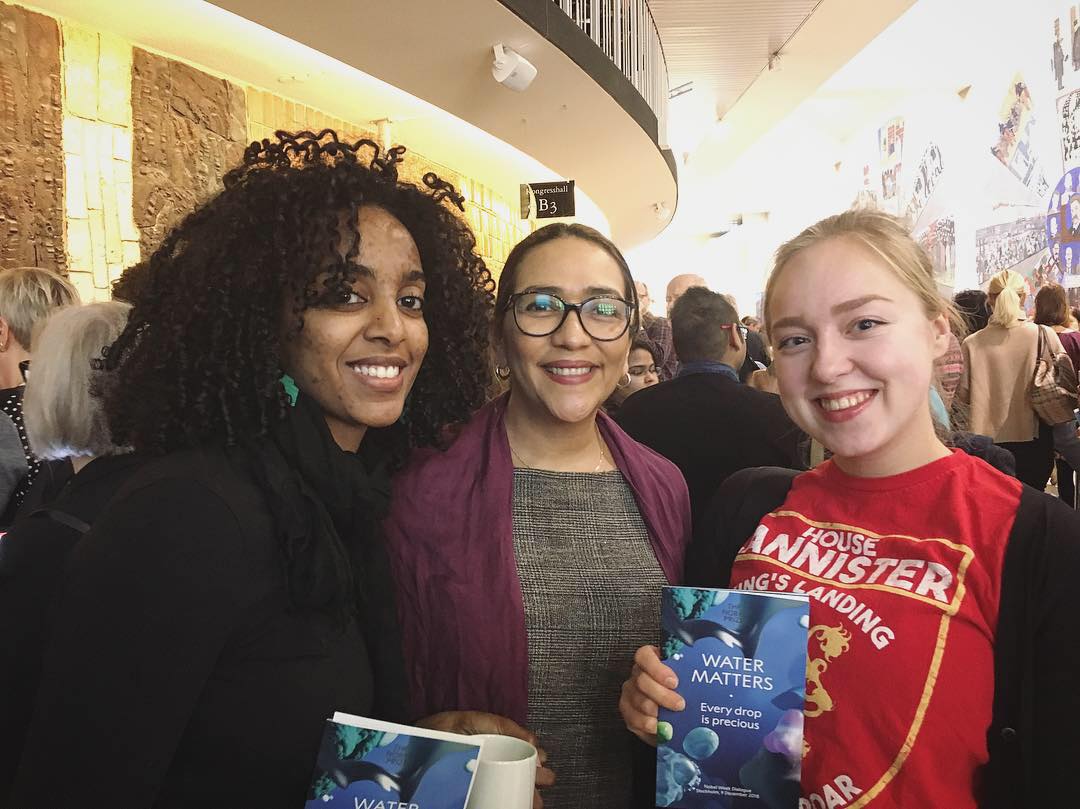
My fellow Nutrition Science MSc students and I had a blast!

0 comments